Folk art, culture and tradition are the attractions of rural tourism in India. Many foreign scholars and travelers take to off-the-beaten paths of villages in quest of the folk art forms of India every year. Indian Eagle connects them with Indian culture and heritage to promote rural tourism as its social responsibility. Like the previous article,”The Art and Craft of Raghurajpur in the State of Orissa”, our take on the Madhubani Painting of Bihar is an effort towards achieving the goal.
Connection with legends ?
Madhubani Painting is a famous rural art of Madhubani, a village in the Mithila region of Bihar State, India. The origin of this art form is traced to the time of the Ramayana when Lord Ram was the King of Ayodhya in North India. If the legends are to be believed, a group of artists was commissioned to decorate the wedding venue with beautiful paintings on the occasion of the marriage of Ram and Sita by Janak, the King of Mithila.
From tradition to profession
Madhubani Painting has been an age-old tradition that women in the countryside perpetuated as a practice to decorate their huts from outside as well as inside on social and religious occasions. It has evolved from a folk culture tradition into a popular form of Indian art with the wheeling of time. In the bygone times, signs and symbols of sexual pleasure used to be painted on the walls of the rooms where newlywed couples spent the first night of marriage. With menfolk in the villages of Bihar having taken up Madhubani Painting as a profession, women have lost the monopoly over it.
Image Credit:Â Gaatha.com
Themes with religious bearings ?
The theme of Madhubani Painting is mostly influenced by the religious motifs and beliefs of Indians. Both practitioners and professionals of this traditional Indian art form are driven by love for nature and devotion for the Hindu deities. They depict the popular legends of Rama, Krishna, Durga, Kali, Shiva, Lakshmi, Saraswati and Indra, the abstract scenes from the courts of kings, and the familiar objects of day-to-day life through a palette of colors on cloth as well as canvas.
Close to the world of nature?
Lively illustration of natural objects such as the sun, the moon, flowers, birds and herbal plants like tulsi is popular with the artists of Madhubani Painting. The artists of the past years used organic colors derived or made from natural things like cow dung, charcoal soot, turmeric, flowers, plants, leaves, rice powder, sandalwood and indigo. The paintings on the walls and floors were close to simplicity and far from sophistication. Though the beauty of themes, the delicacy of sketching, and the flamboyance of colors are the mainstay of Madhubani painting even today.
Poetic and trantric connection
According to some art curators, Madhubani Painting was associated with the tantric culture of ancient India though it is still debated. The Mithila region of Bihar has been a seat of tantric practices for the Saiva and Sakti communities. References to the tantric connection of Madhubani Painting are found in the literary work of the poet Vidyapati who belonged to the 12th century.
Role of rural womenfolk ?
When the female members of Brahmin and Kayastha families were instructed to abide by the rules of the Panji System in 1326, differences appeared in the theme and style of Madhubani Painting based on their socio-economic status, lifestyles, creative levels and exposure to the outer world. The women from the upper reaches of society hardly experimented with themes, styles and motifs due to lack of exposure into the world beyond their confined existence. So their thought and imagination was limited to religious motifs and household rituals. Their Madhubani paintings became stylistic and intricate though variety was missing.
Socio-economic differences?
The paintings made by the women of lower castes like the Harijan exuded raw originality. Their paintings were less intricate and sophisticated than the works of the women of higher castes. They put emphasis on depth and beauty rather than ornamentation. Evidently, the socio-economic differences were apparent in the Madhubani Painting of? the previous eras. Gobar, Godana, Bharmi, Geru, Kachni and Tantric are some of the popular styles of this traditional art form.
International contributions?
With art-loving tourists from around the world having taken interest in the rural tourism and heritage of India, Madhubani Painting has gone beyond the confines of Mithila to touch international heights. India owes the worldwide popularity of Madhubani Painting to Japan, Germany, France and America in particular. The Mithila Museum in Tokamachi, Japan, exhibits some 900 paintings of different styles from Madhubani. ?The Women Painters of Mithila?, a book on Madhubani Painting by a French journalist was adapted into a film. The Master Craftsmen Association of Mithila, founded by an American in 1977, helps the artists of Madhubani with the sale of their creations through exhibitions.
About Indian Eagle Travel
We at Travel Beats promote the folk art, culture, tradition, heritage and tourism of India in the United States and other parts of the world. Book your cheap air tickets to India from USA or any other country, travel on cheap flights to India and hit the trails to rural backwaters of the country.? ?
Like this story? Mail your feedback to us: share@blogbox.indianeagle.com. Keep in touch with us on?Facebook?and?Twitter?for regular travel ideas, travel tips, travel news and stories of India.

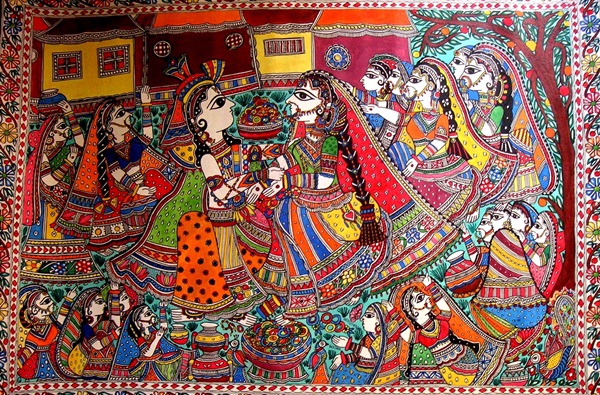
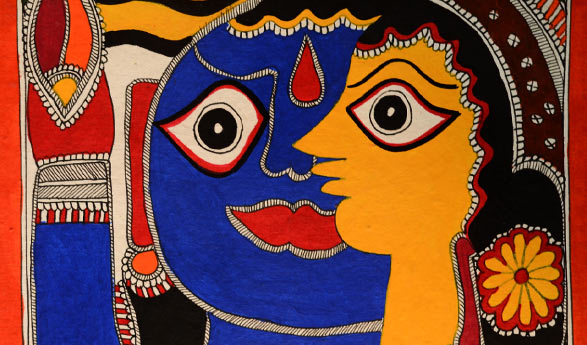
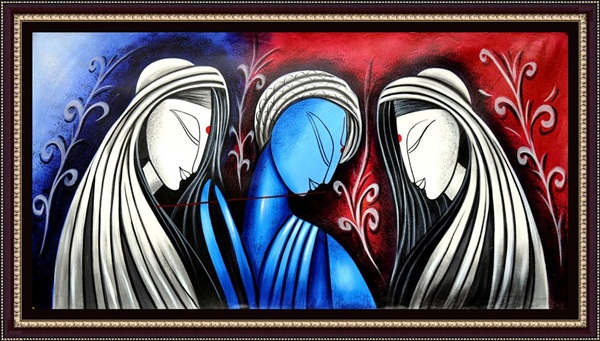
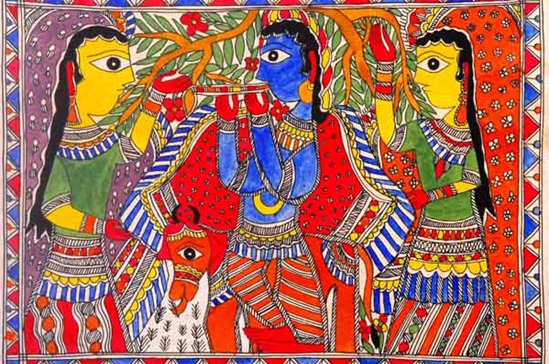



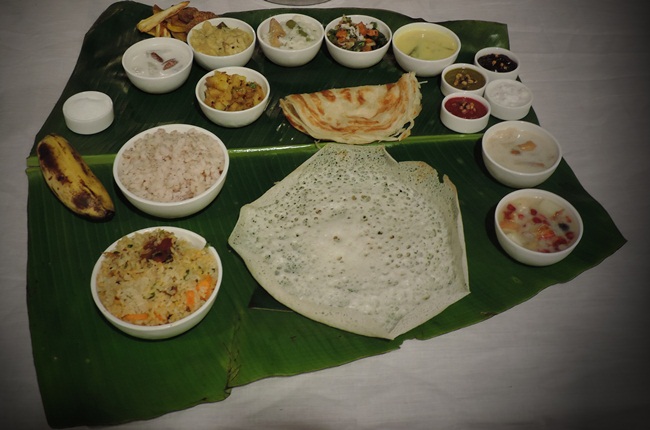



nice